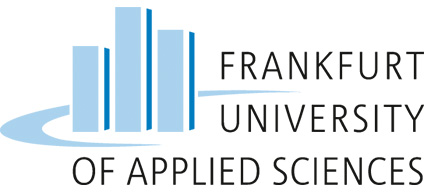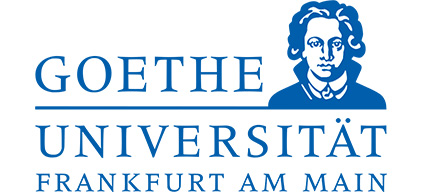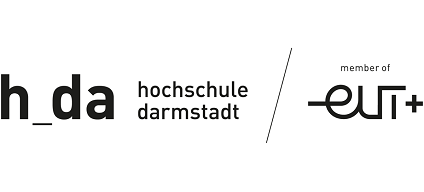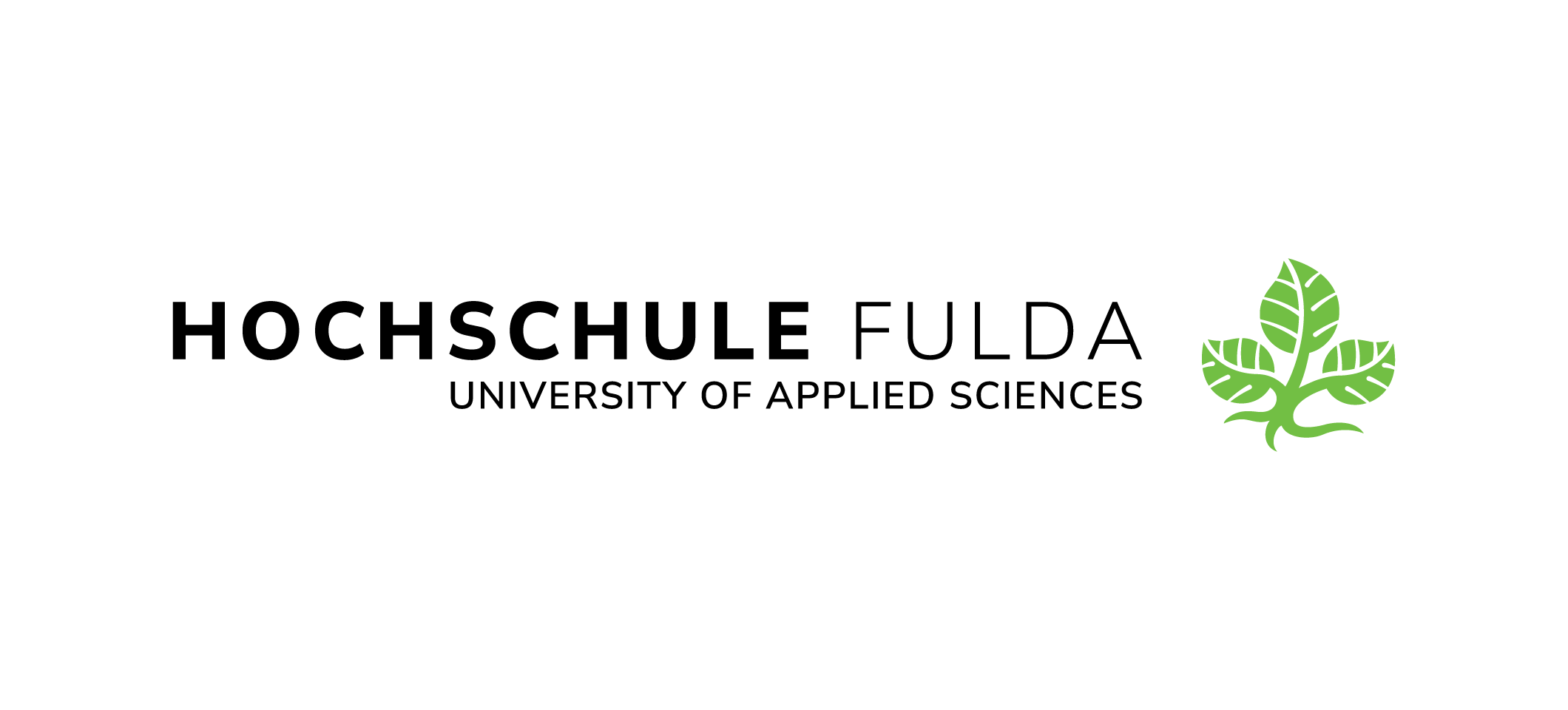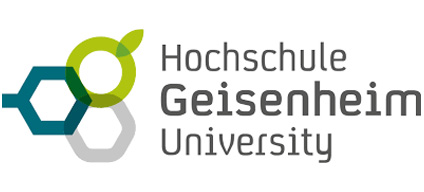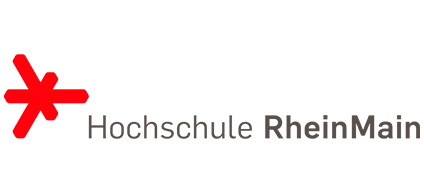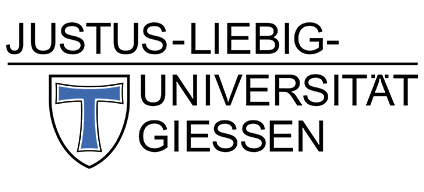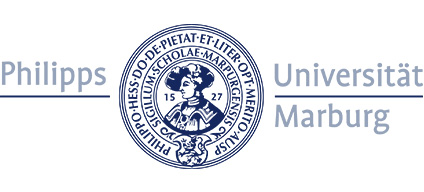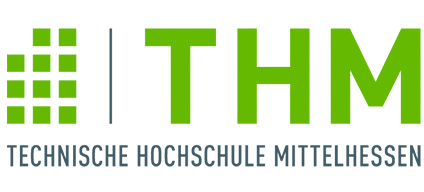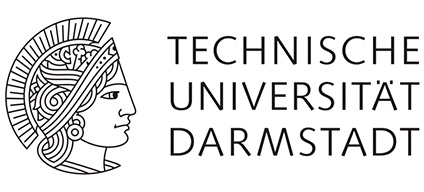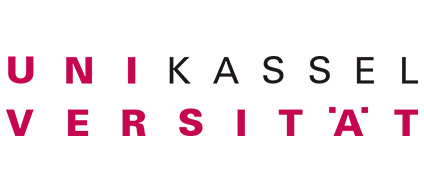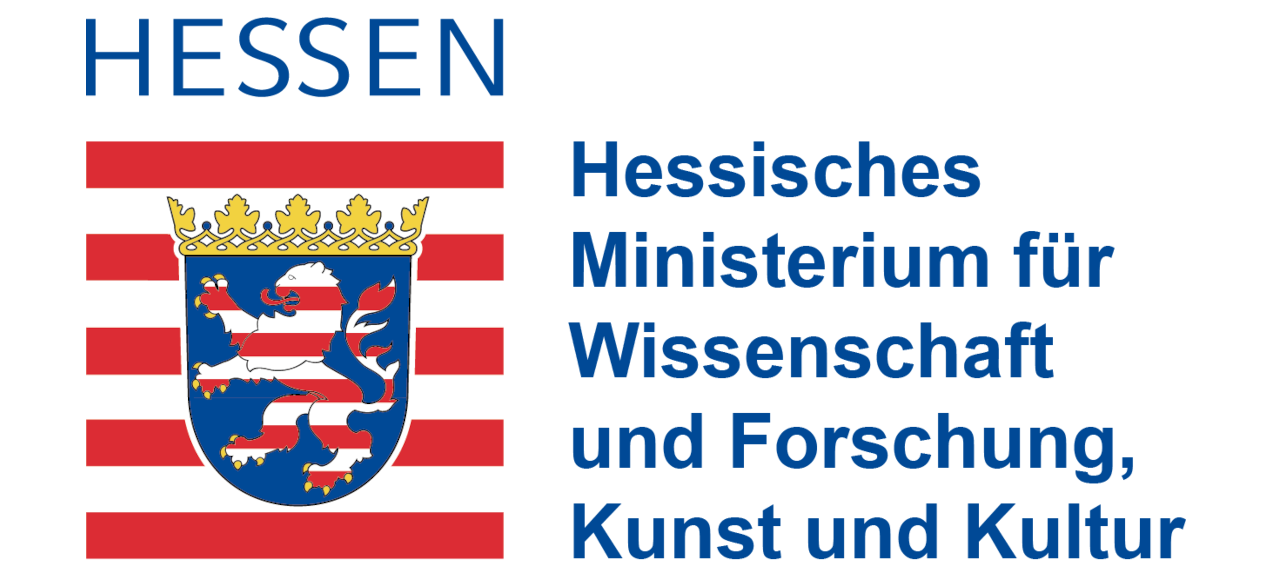13.07.2020 Hessian Universities Strongly Represented in NFDI Consortia
The HeFDI universities have positioned themselves as key co-designers of the NFDI consortia approved to date. This is also a success of the cooperation in the state initiative HeFDI.

The universities involved in the Hessian Research Data Infrastructures – HeFDI – were able to record several successes in the first round of the National Research Data Infrastructure (NFDI) call for proposals: HeFDI partners are responsible for three of the nine funded consortia as co-applicants. In addition, Hessian universities are involved as participants in a total of four approved consortia. The HeFDI universities thus contribute by bringing their services as well as their research communities into national processes in order to benefit from developments there, for example by making research data or analytical tools available to scientists in Hesse. In so doing HeFDI strengthens Hesse as a science location through the strong participation of Hesse's universities and, therefore, the creation of an interface to the NFDI. Consortia driven and supported by HeFDI partners will also apply in the next rounds of calls for proposals.
“As a state initiative, HeFDI has strongly supported the emergence of NFDI consortia. We are all the more pleased about the success of being able to help shape three consortia at once. This is a result of our cooperative approach, which always develops research data management from a strong scientific perspective,” says Prof Dr Thomas Nauss, head of HeFDI and Vice President for Information Management at Philipps University of Marburg. Nauss emphasises: “For researchers at Hessian universities, access to research data and its publication is an essential element of good scientific practice and outstanding research. HeFDI supports them in this, now also through the direct link to NFDI consortia.”
On 26 June 2020, the Joint Science Conference (GWK) decided on the basis of the funding recommendation of the German Research Foundation (DFG) to fund nine consortia that will be part of the NFDI in the future. Up to € 90 million per year are available from the federal and state governments for the establishment of the NFDI.
In two further rounds in 2020 and 2021, additional consortia will be given the opportunity to apply for funding. Ultimately, the NFDI should consist of up to 30 consortia spread across all scientific disciplines.
The Philipps University of Marburg is involved in the NFDI4Culture consortium as a co-applicant. The aim of NFDI4Culture is to establish a demand-oriented infrastructure for research data on tangible and intangible cultural assets. To date, no structure exists at the national level that strives to sustainably secure, standardise and make available research data on cultural heritage. NFDI4Culture aims to close this gap. The consortium addresses the needs of a wide range of disciplines from architecture, art and music to theatre, dance, film and media studies.
The Technical University of Darmstadt is a co-applicant for NFDI4Ing. NFDI4Ing brings together the engineering sciences. NFDI4Ing establishes services to provide the community with seamless tracking of the research process and easy access to research data according to FAIR principles. Darmstadt University of Applied Sciences, Rhein-Main University of Applied Sciences, Justus Liebig University Giessen and Fulda University of Applied Sciences are also involved. (https://www.nfdi4ing.de)
The Philipps University of Marburg and the Justus Liebig University Giessen are involved in the NFDI4BioDiversity consortium as co-applicants. NFDI4BioDiversity focuses on data on biodiversity, the environment and ecology. The consortium aims to promote community standards, quality management and documentation as well as harmonisation and synthesis of heterogeneous data to support research on biodiversity. This includes proactively encouraging data users to build a coordinated data management platform for all types of biodiversity data as an established, value-adding service for all NFDI users. Goethe University is also involved. (https://www.nfdi4biodiversity.de)
Contact
Dr. Ortrun Brand
Tel.: 06421-28-24310
Mail: hefdi@uni-marburg.de
HeFDI Office
Service Centre for Digitally Supported Research at Philipps University of Marburg
Biegenstr. 36
35032 Marburg, Germany
